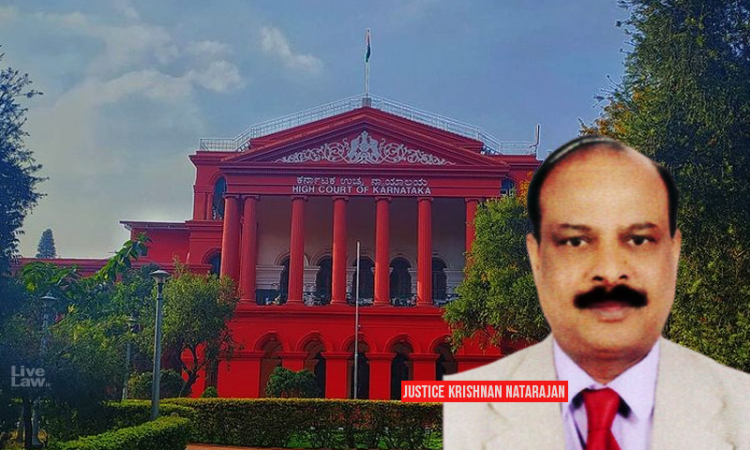Karnataka HC Quashes Criminal Proceedings Against 68-Year-Old Woman Charged Under SC/ST Act
Mustafa Plumber
10 May 2022 7:54 PM IST

Next Story
10 May 2022 7:54 PM IST
Observing that "She had no criminal intention in the initial stage while obtaining the (caste) certificate and seeking reservation and got (job) appointment, but she bonafidely believed that she will get the caste of her husband in view of marrying the person who belongs to member of SC/ST," the Karnataka High Court recently quashed the criminal proceedings pending against a...
